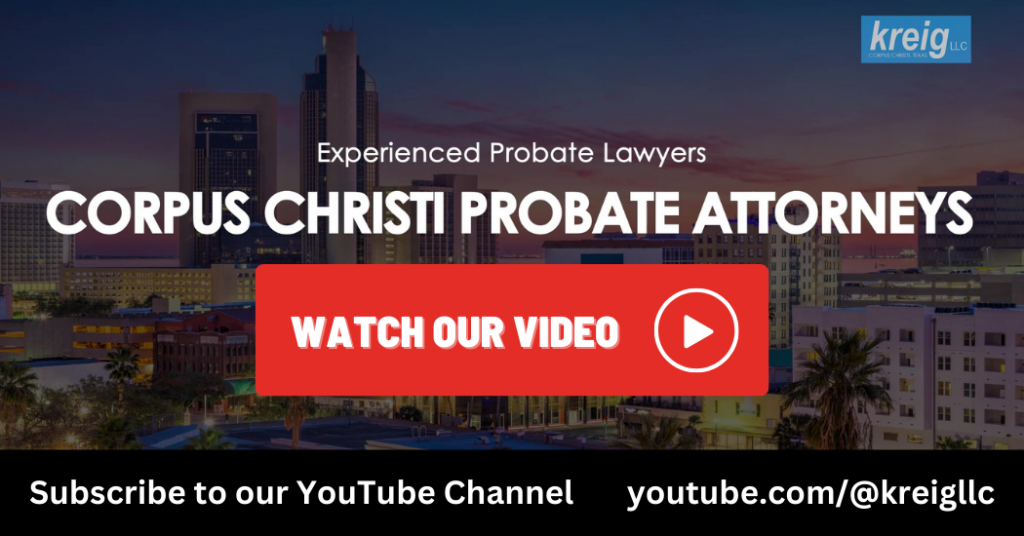Legal Terminology
Letter Testamentary
Documents that the probate court provides to the executor of the deceased estate in order to enforce the terms of the deceased person’s will.
Texas Law
For counties that lack a statutory probate court, all probate matters will be heard by the county court. If the probate matter is contested, either the judge or any party of the proceeding may motion for the assignment of a statutory probate judge to hear the contested portion of the proceeding, or transfer the contested portion of the proceeding to the district court, which may then hear contested matter [sic] as if originally filed in district court.
Probate Court Case
In re Vorwerk, 6 S.W.3d 781 (Tex. App. 1999)
Facts & Procedural History: Decedent and Heirs
Rose Matyastik (Testator) passed away on June 8, 1999. Her will instructed that her son, William Matyastik, and her daughter, Rose Snider, were to be the executors of her estate. On June 15, 1999, William and Rose (Real Parties in Interest) filed an application for the probate of the will and requested that a letter testamentary be issued. Later that month, another daughter of Testator, Jane Vorwerk (Relator), filed: (1) her objection to the application and the appointment of the Real Parties in Interest, and (2) a motion for the assignment of a statutory probate judge. The County Court then transferred the case to the 20th District Court.
Relator appealed to the Court of Appeals and filed two petitions (writs of mandamus and notices of appeal) seeking relief from the District Court’s admission of the will to probate and authorization of letters testamentary. Relator argued that the County Court had abused its discretion by ordering the transfer of the probate matter after she had filed the singular motion and requested that a statutory probate judge be appointed. The Court of Appeals agreed, and granted Relator’s petitions. It also set aside the orders of the District Court, including the ones admitting the will to probate and issuing letters testamentary.
Main Considerations
When is a county court’s discretion in hearing probate motions eliminated? Rules and procedure
When only one motion is filed by a party in the proceeding, the request is controlling and eliminates the county court’s discretion. The county court must then transfer the contested matter according to the motion.
The Takeaway
In re Vorwerk shows that, when probate matters are contested within a county court and only one motion is filed by a party requesting a transfer, the county court must comply with the request.
Do you need an Experienced Probate Attorney to help with estate and trust jurisdiction issues?
If you are dealing with estate or trust jurisdiction issues, it is important to consult with an experienced probate attorney who can help you navigate the court system and ensure that your rights are protected. Call us today for a FREE attorney consultation. If you are dealing with estate or trust jurisdiction issues, it is important to consult with an experienced probate attorney who can help you navigate the court system and ensure that your rights are protected. (361) 502-4240.




